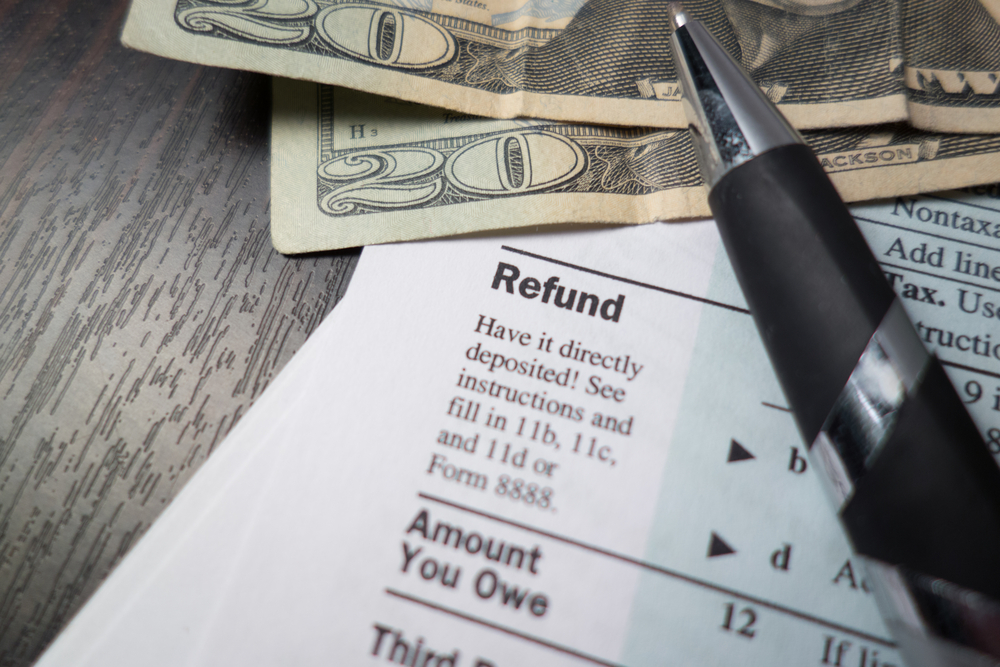 Tax refunds and overpayments are essentially the same thing. Except, of course, when that “overpayment” is used toward other debts instead of refunded to you in the form of a check or direct deposit. Typically, the IRS handles refunds and processes overpayment returns in a prompt manner, but it is often going to take a lot longer to get back an overpayment than your annual tax return refund.
Tax refunds and overpayments are essentially the same thing. Except, of course, when that “overpayment” is used toward other debts instead of refunded to you in the form of a check or direct deposit. Typically, the IRS handles refunds and processes overpayment returns in a prompt manner, but it is often going to take a lot longer to get back an overpayment than your annual tax return refund.
Other Options
Sometimes, the IRS will decide where your money goes. If you owe back taxes, for example, or have other state or federal debts, the overpayment might go towards those expenses. If, however, you don’t owe any money, you still might decide that you don’t want them to refund the money.
The other option here is to have them apply overpayments and refunds toward your next year’s taxes so that you’re already ahead of the game. If you’re self-employed or own a business and will have to pay in to the IRS, this can help you by creating smaller payments throughout the year since you’ve already applied some funds to the bill.
Perhaps you’ve got an overpayment that you didn’t mean to make. For example, if you missed a credit or deduction that could lower your tax liability, you might want to adjust your return. To do this, you can simply file an amended return and provide the correct information. The IRS will review both returns and ensure that the right one is filed and the right refund is sent (or applied to future tax debts).
How Long Does it Take?
Everyone wants to know how long it’ll be before they get their money back. If you’re entitled to a refund from an overpayment, though, it might take a little time. For those who overpaid at the time of filing, it’s about three weeks for the IRS to process and issue the refund. Those who have sent in overpayments throughout the tax year and request a refund at an alternate time might see wait times up to four weeks, depending on how busy the IRS is at that time.
Because the mail isn’t as reliable as it used to be, many people are switching to direct deposit and digital payments from the IRS. It’s also much more convenient than having to take a check to the bank and wait for it to clear. With direct deposit, there’s a good chance that refunds will be processed quicker than for those who request paper checks, so keep that in mind.
The Bottom Line
It’s rare that people overpay their taxes by a significant amount. People who get refunds every year are generally only overpaying by a couple of hundred dollars, or reclaiming funds from credits for things like dependents, insurance expenses, and so forth. If you have made an overpayment, you should contact the IRS immediately to ask them about the next steps and how to ensure that you get your money back promptly.
If you need help with tax refunds, contact Venture CPAs in Denver today!






